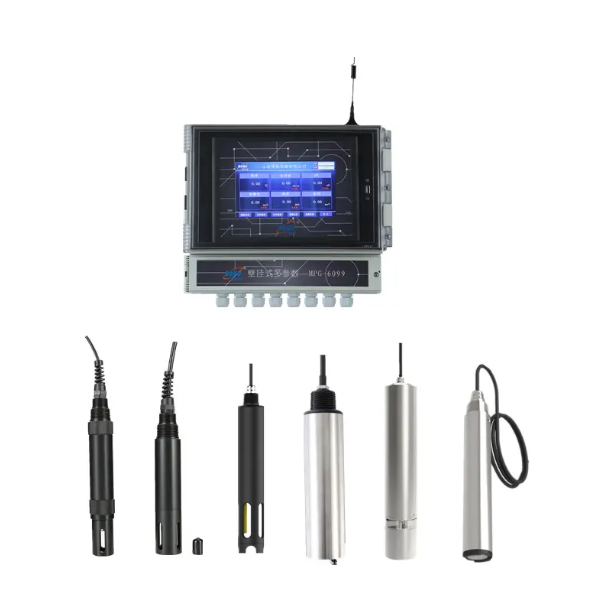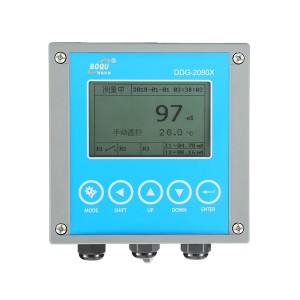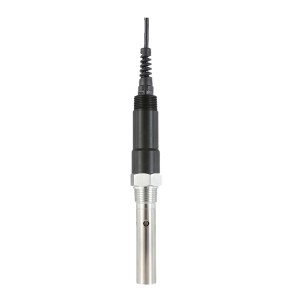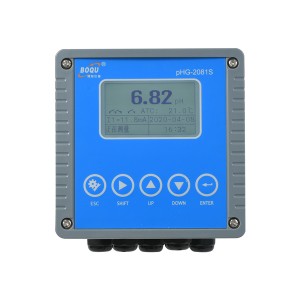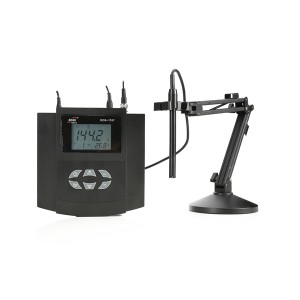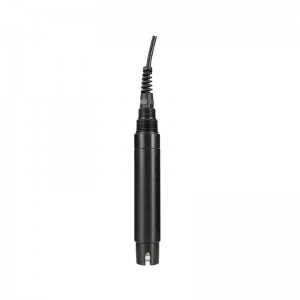As our world continues to grapple with environmental challenges, the need for innovative solutions to manage domestic sewage has become increasingly urgent. Traditional sewage management methods are often insufficient, leading to pollution of water bodies and posing significant health risks.
However, with the advent of advanced technologies and a shift towards sustainability, it is now possible to revolutionize management by adopting an overall domestic sewage solution.
This blog will explore the importance of such a solution and provide a specific example of how it can be implemented in a residential community.
Importance Of An Overall Domestic Sewage Solution:
Before diving into the solution, it’s essential to understand the components of domestic sewage that need to be addressed. Domestic sewage primarily consists of wastewater from households, including water from toilets, showers, sinks, and kitchen appliances.
This wastewater often contains various pollutants such as organic matter, pathogens, nutrients, and chemicals.
Environmental Impact
Domestic sewage contains various contaminants, including organic matter, nutrients, and pathogens, which can have detrimental effects on ecosystems and human health if not properly treated.
Adopting a comprehensive sewage solution ensures that wastewater is treated efficiently, reducing pollution and protecting the environment.
Resource Conservation
By implementing an effective domestic sewage solution, valuable resources present in wastewater can be recovered. For instance, nutrients like phosphorus and nitrogen can be reused as fertilizers, reducing the dependence on synthetic alternatives.
Additionally, energy can be harnessed through advanced treatment processes, promoting sustainability and reducing operational costs.
Components Of An Overall Domestic Sewage Solution:
The overall domestic sewage solution is the collection and treatment of household wastewater. It includes all of the components that are required to collect and treat the wastewater before it is discharged into natural systems or reused for irrigation or other purposes.
The following are some of the components that make up an overall domestic sewage solution:
1. Advanced Monitoring and Analysis
To address domestic sewage effectively, it is crucial to understand its composition. Regular monitoring of wastewater parameters such as chemical oxygen demand (COD), biological oxygen demand (BOD), pH levels, and the presence of heavy metals is essential.
This data helps in identifying potential sources of pollution and tailoring treatment processes accordingly.
Sensor technology plays a pivotal role in this aspect. For instance, high-precision sensors from BOQU can detect specific pollutants in real-time, enabling swift response and preventing further contamination.
Advanced analytical instruments, such as spectrophotometers and gas chromatographs, provide accurate measurements of wastewater characteristics, aiding in the development of tailored treatment strategies.
2. Efficient Treatment Processes:
Once the composition of domestic sewage is analyzed, appropriate treatment processes can be implemented. Some common methods include:
a. Physical Treatment:
This involves the removal of solid particles through processes like screening, sedimentation, and filtration. For instance, the wastewater can be subjected to primary treatment, where larger particles are settled and removed.
b. Biological Treatment:
This process utilizes microorganisms to break down organic matter present in sewage. Techniques like activated sludge, trickling filters, and sequencing batch reactors (SBR) can be employed for efficient organic degradation.
c. Chemical Treatment:
Chemicals are used to facilitate the removal of pollutants not easily treatable through biological processes. Coagulation, flocculation, and disinfection are some common chemical treatment methods.
3. Smart Integration and Automation:
Incorporating smart technologies and automation into the overall domestic sewage solution can enhance efficiency and reduce human error. Automated systems can control treatment processes, adjust parameters based on real-time data, and optimize resource utilization.
You can get a comprehensive, professional, and intelligent IoT series of water quality testing instruments for domestic sewage solutions at BOQU. They provide perfect sewage solutions or water quality testing solutions for many residential areas, drinking water plants, and sewage treatment plants at home and abroad.
The following will take a community as an example to help you further understand these domestic sewage solutions.
Case Study: A Residential Community Domestic Sewage Solution
This Residential Community is a bustling neighborhood with several hundred households. The existing sewage system in the community is outdated and insufficient to handle the increasing volume of wastewater generated. To address this issue, the community decides to adopt an overall domestic sewage solution.
Installation of Sensor Technology
The first step is to install advanced sensor technology in the sewage system. These sensors are capable of detecting and measuring various parameters of the wastewater, such as pH levels, temperature, turbidity, and the concentration of pollutants.
BOQU provides them with IoT digital sensors that can detect in real-time and the IoT Multi-parameter Water quality analyzer. These sensors or probes will detect changes in the content of components in the water in real-time.
Then the person in charge can understand the water quality of the sewage more simply through the analyzer. These data can also be synchronized to the mobile phone or computer in real-time, which is convenient for the next big data real-time analysis.
What are the benefits of intelligently analyzing water quality data? – That means high efficiency, high intelligence, and more convenience.
Integrated Sewage Treatment Plant
To ensure effective treatment of domestic sewage, the community decides to establish an integrated sewage treatment plant. This plant employs state-of-the-art techniques such as biological treatment, disinfection, and filtration to remove contaminants from the wastewater.
The treatment process is designed to specifically target pollutants commonly found in domestic sewage.
Effluent Quality Monitoring
To maintain the highest standards of effluent quality, the community installs analytical instruments to monitor the treated wastewater leaving the treatment plant.
These instruments analyze the effluent for various parameters, including nutrient levels, suspended solids, and chemical residues. This ensures that the treated water meets the required quality standards before being discharged into the environment.
Community Awareness and Participation
An overall domestic sewage solution is incomplete without active community involvement. This Residential Community takes initiatives to raise awareness among its residents about the importance of responsible wastewater management.
Educational programs, workshops, and awareness campaigns are conducted to promote proper usage of water, efficient waste disposal practices, and the significance of regular maintenance of the sewage system.
Final words:
The need for an overall domestic sewage solution is paramount to address the challenges posed by traditional sewage management methods. By embracing advanced monitoring and analysis, efficient treatment processes, and smart integration, it is possible to revolutionize wastewater management.
Whether it is a high-end residential area or a general residential area, the domestic sewage solution needs the support of advanced equipment such as reliable sensors and analyzers. BOQU’s Internet of Things technology can help you solve these existing troubles more efficiently!
Post time: May-23-2023

